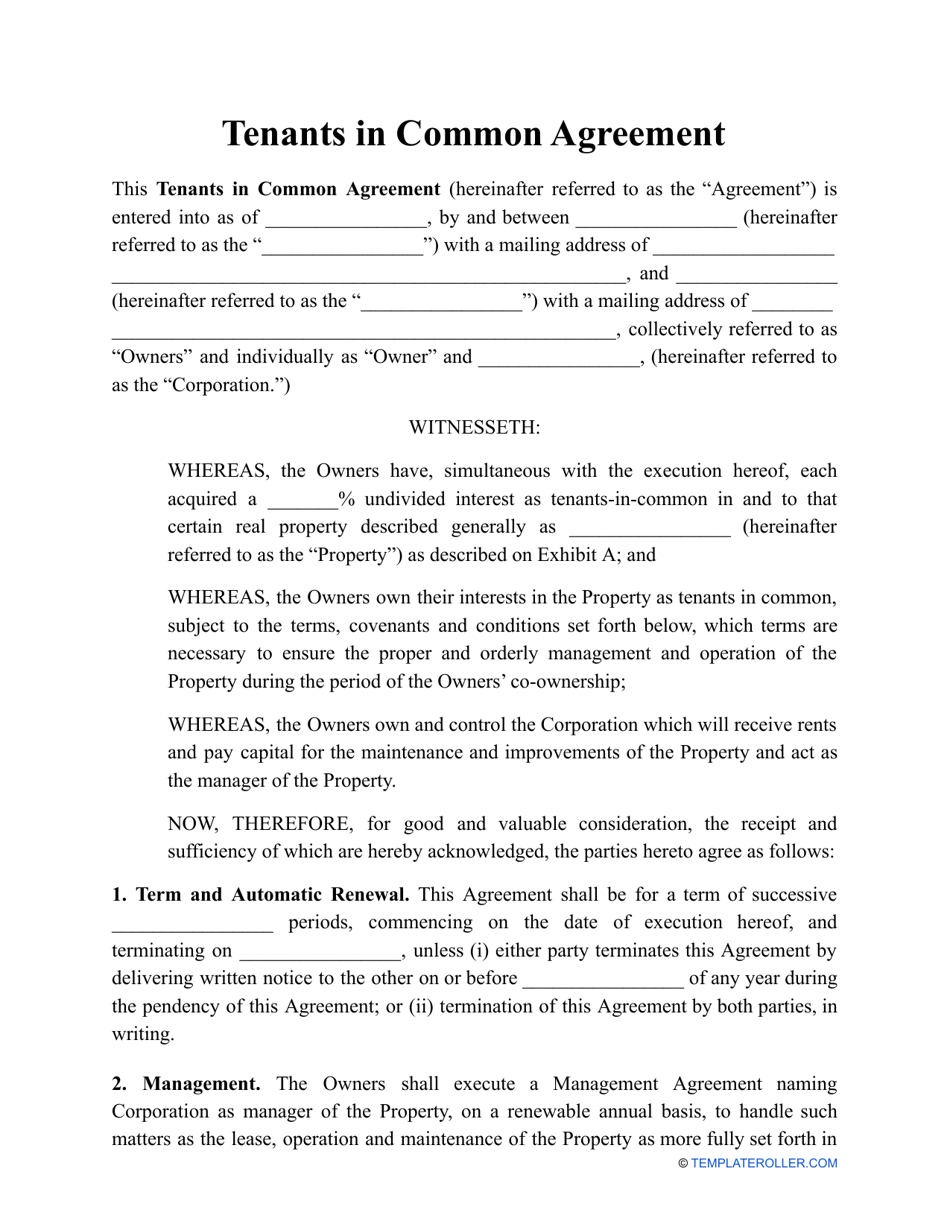Understanding the Risks Associated with Establishing a Declaration of Trust
Estate planning is an important facet of preparing for the future.
It ensures your assets will be distributed according to your wishes, and
your loved ones is likely to be cared for in the event of one's
passing. A declaration of trust is one way to accomplish this. It is
really a legal document that sets forth your wishes for the management
and distribution of one's assets. In this post, we'll delve into the
benefits of developing a declaration of trust and how it could put your
brain at ease.

1. Flexibility and Control
One advantage of a declaration of trust is that it offers flexibility and control. You are able to specify how you need your assets to be used throughout your lifetime, along with how they should be distributed once you pass away. This control allows you to make sure that your assets remain within your family and are not distributed outside of one's intended beneficiaries. In addition, it enables you to designate a trustee to control your assets if you become incapacitated.
2. Privacy
A declaration of trust offers greater privacy in comparison to a will. While a will becomes area of the public record after your passing, a declaration of trust remains confidential. Which means your own personal and financial affairs will not be produced public, and your beneficiaries will not need certainly to go via a lengthy probate process. This added privacy can protect your family's financial affairs and your family members'privacy.
3. Asset Protection
A declaration of trust can offer asset protection for the beneficiaries. If your beneficiaries receive assets directly without the protection of a trust, those assets might be susceptible to legal claims or judgments. With a declaration of trust, your assets are held in a protective trust, and your designated trustee can distribute assets to your beneficiaries in a fashion that gives more significant asset protection.
4. Tax Benefits
A declaration of trust offers potential tax benefits. Irrevocable trusts, for example, can be utilized to transfer assets from the estate, minimizing estate taxes. Revocable trusts also can lessen estate taxes by minimizing the total amount of assets that pass through probate, reducing the taxable estate's size. Consult with a specialist to discuss tax planning strategies tailored to your needs.
5. Ease and Efficiency
A declaration of trust can give you a faster and better way of managing and distributing your assets. It minimizes the full time, costs, and inconveniences associated with probate. In addition, it lets you consolidate your assets into one trust, which makes it easier for the trustee to control your affairs after your passing.

In Short:
In conclusion, a declaration of trust is an important tool for estate planning. It includes flexibility, control, privacy, asset protection, tax benefits, and ease and efficiency in the distribution of your assets. No matter your actual age, it is essential to have a declaration of trust in place to guard your loved ones and ensure that the assets are distributed in accordance with your wishes. Contact an attorney or other professional to talk about making a declaration of trust, and put your brain at ease.
please visit the site at www.thelegalstop.co.uk/ to get the more details about Legal Contract Writing.
Comments
Post a Comment